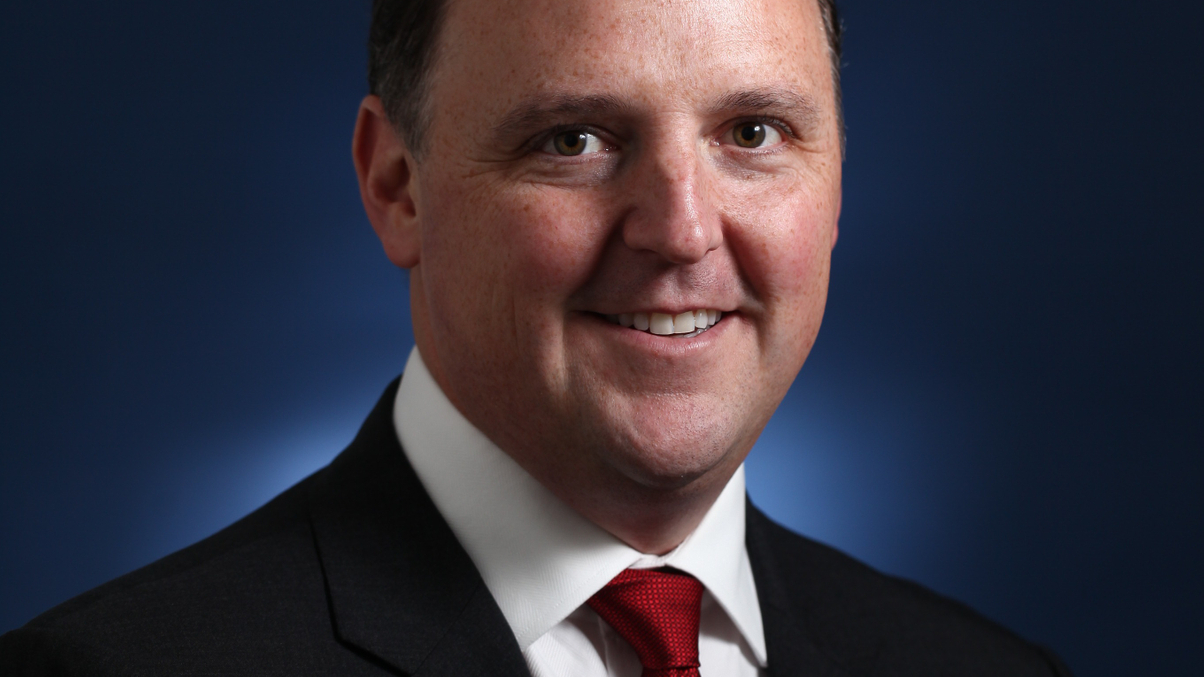Hedge funds unsure over Basel III impact
While full implementation of capital requirement regulations could have a major effect on hedge fund financing, one in three are unaware of the potential impact, finds a new survey.

At least a quarter of hedge fund managers globally have no idea whether incoming capital requirements emanating out of Europe will have a major impact on their business.
Sign in to read on!
Registered users get 2 free articles in 30 days.
Subscribers have full unlimited access to AsianInvestor
Not signed up? New users get 2 free articles per month, plus a 7-day unlimited free trial.
¬ Haymarket Media Limited. All rights reserved.


